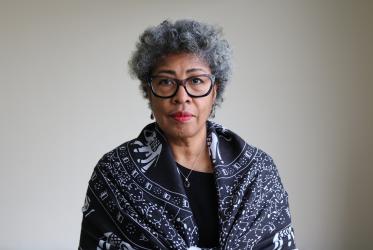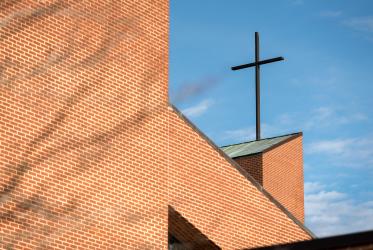Displaying 1 - 20 of 20
Perkins names Dr Evelyn Parker as 2021 Distinguished Alumna
11 November 2021
Churches should use their voice on climate change
26 February 2020
Dozens of countries sign nuclear weapons ban treaty
20 September 2017
Emily Welty: tide of hope for a world free from nuclear weapons
19 September 2017






